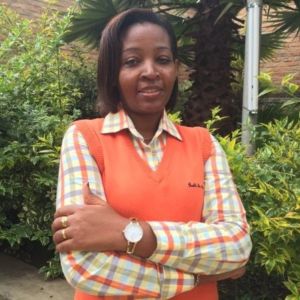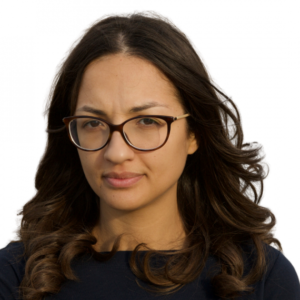Pour lire ce blog en français, cliquez ici
Sexual exploitation, abuse, and harassment (SEAH) is a grave issue in the humanitarian and development sector. Recent data from the SEAH Harmonised Reporting Scheme (HRS) indicates a concerning trend with 94% of reported victims/survivors being women, including one in three being a girl under 18. It is widely acknowledged that there is a need for more female investigators. To address this, the Investigator Qualification Training Scheme (IQTS) equips more practitioners, including women and individuals from the global majority, with a survivor-centered approach to investigations. We explore its impact through the story of Jeannette Nduwamariya.
Learning never stops
Based in Rwanda, Jeannette’s responsibilities as Global Safeguarding Advisor at CARE include supporting country offices in East and Central Africa, Southern Africa, and francophone countries in West Africa. Focusing on protection from sexual exploitation, abuse, and harassment (PSEAH), she creates awareness among senior leadership teams and the organization’s partners, both local CSOs and INGOs.
Additionally, Jeannette supports HR teams to implement recruitment practices that prevent hiring individuals with a history of safeguarding issues or accusations of SEAH. Trained as a gender expert and project manager early in her career, with additional investigation training in 2011, Jeannette brings a strong foundation to her role through which she also conducts extensive investigations.
Experience aside, Jeannette recognizes the value of continuous learning. She points out that tapping into the knowledge of other professionals is key for everyone, no matter what you think you know. Embracing this mindset, in 2023, Jeannette participated in the IQTS Tier 3 pilot training led by CHS Alliance. This opportunity allowed her to learn from and exchange ideas with other experts and eventually apply the standards in her work.


